Published: December 6, 2023
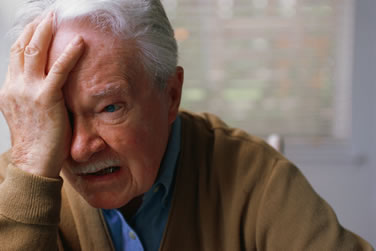
Getty Images
The Holiday Season Can Increase Isolation and Feelings of Loneliness for Many Aging Adults; Cedars-Sinai Geriatricians Share Five Ways to Bring Them More Cheer This Time of Year
The holiday season encapsulates both the pinnacle of joyous moments and the depths of isolation. While the festivities, cheerful connections, and family reunions bring comfort and happiness, they can also magnify feelings of seclusion and solitude, especially among older adults.
Age-related challenges like hearing loss, cognitive decline, diminished driving abilities, and other functional changes often deter older adults from participating in holiday gatherings, amplifying feelings of loneliness and distress.
Published: November 30, 2023
Canada’s taking a big step! On November 30, 2023, the 9-8-8: Suicide Crisis Helpline will go live.
For support right now, call Talk Suicide Canada (1-833-456-4566) or 1 866 APPELLE (1-866-277-3553) in Quebec.
Learn more: https://ow.ly/kOyL50QbyG1
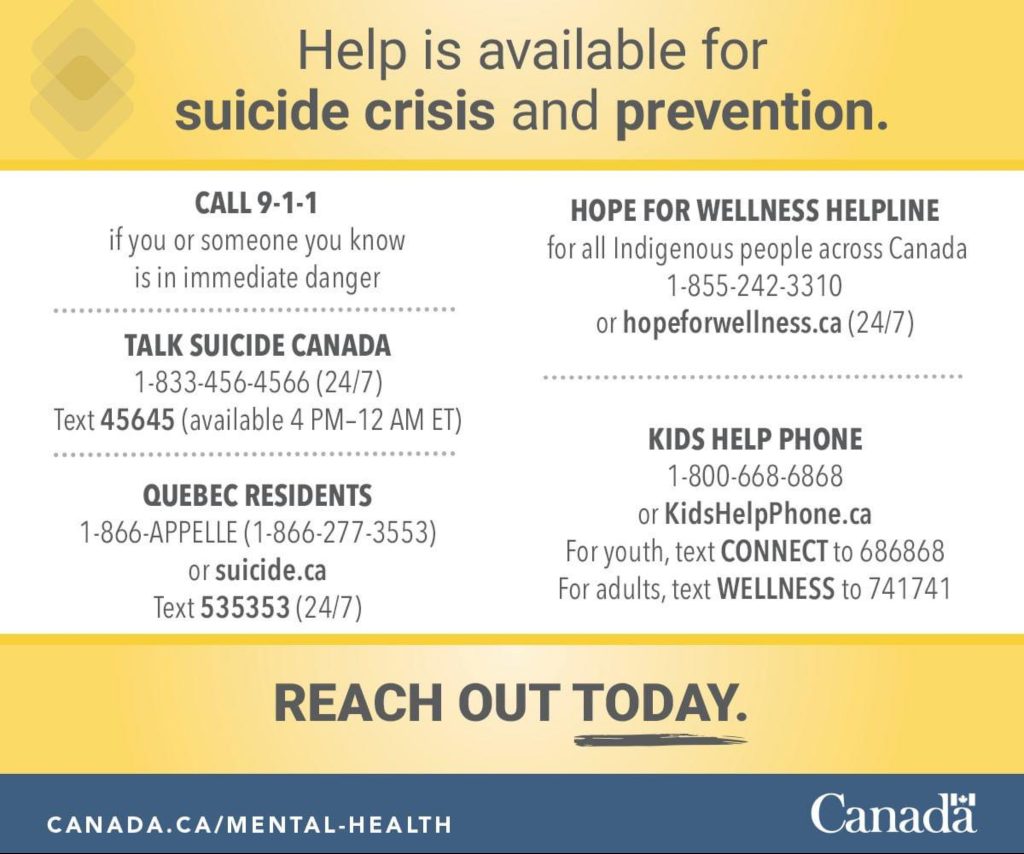
Published: November 8, 2023
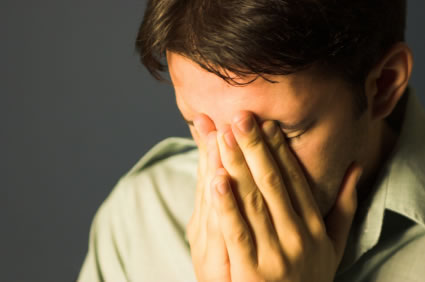
istockphoto
The COVID-19 pandemic, ongoing conflicts worldwide, racial discrimination, rising prices, and disasters linked to the climate are all burdening the thoughts of North Americans together.
Although the official national health emergency due to COVID-19 ended on May 11, 2023, many people are still not feeling completely back to normal. According to a recent survey called Stress in America™ 2023, a nationwide survey conducted by The Harris Poll on behalf of APA among more than 3,000 U.S. adults age 18+.
After looking at this year’s survey results, psychologists from the APA generally agree that there’s growing proof that our society is dealing with the mental effects of a shared traumatic experience.
“Stress affects all systems of the body, so it is crucial that Americans know the serious impacts of stress and what they can do to reduce the effect of stressors in their life, as well as receive help from their health care providers, workplace and support systems to prevent further health crises,” said Arthur C. Evans Jr., PhD, APA’s chief executive officer.
More information on the survey findings and how to handle stress is available on the Stress in America webpage.
If you, or someone you know is struggling with their mental health get in touch we are here to help.
Published: October 4, 2023
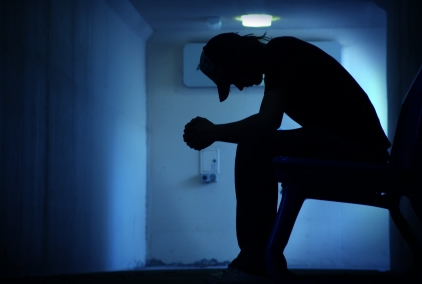
image:stockXpert
Every year during the month of October, various organizations, mental health advocates, and healthcare professionals often host events, share information, and engage in activities aimed at reducing the stigma surrounding depression. Depression is a common and serious medical illness that negatively affects how you feel, the way you think and how you act. By spreading awareness, people can gain a better understanding of its impact and how to support those who may be experiencing it.
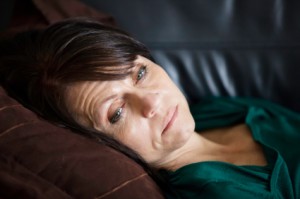
© iStock Photo
Are you or someone you know struggling with depression? It’s essential to reach out to a healthcare provider or mental health professional for help and support.
learn more





